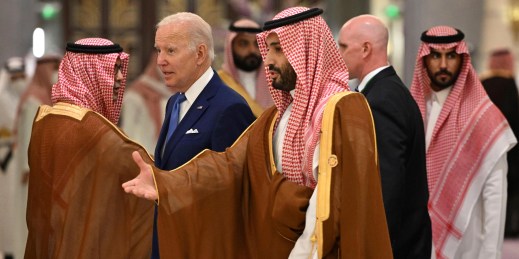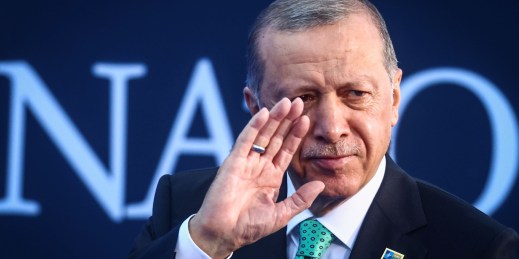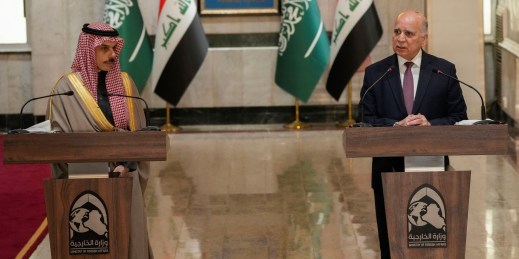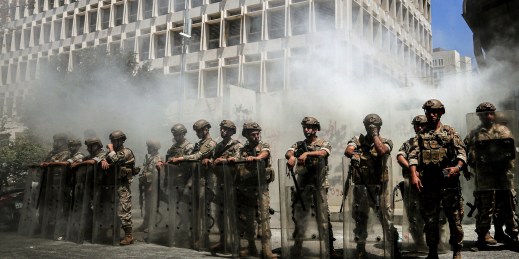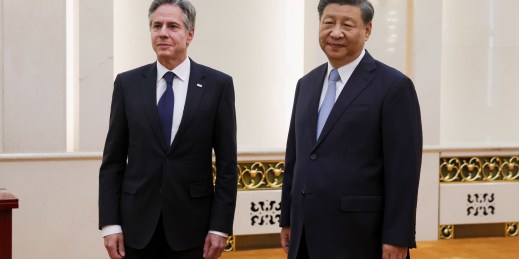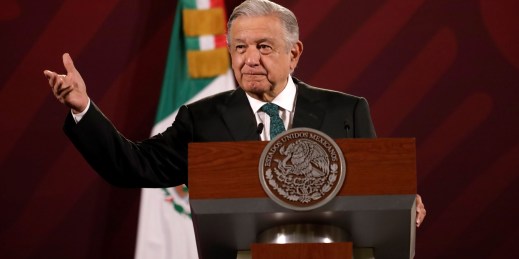
Mexico has had a surprisingly good year, with a promising outlook ahead that contrasts starkly with many of its peers, both in Latin America and around the world. But Mexico is no stranger to being in the economic spotlight, raising questions about whether this so-called Mexican Moment is poised to last longer than just a moment.

